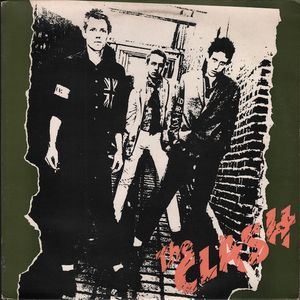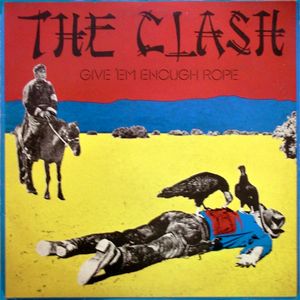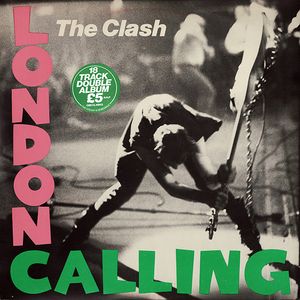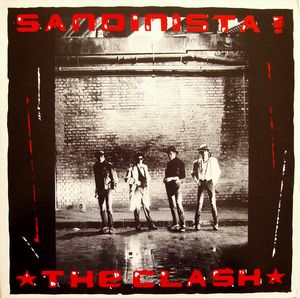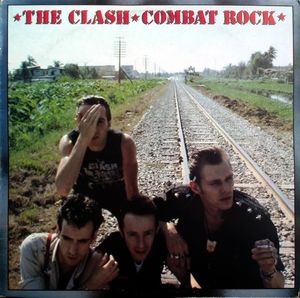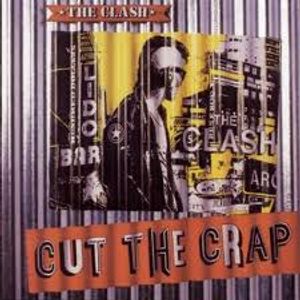
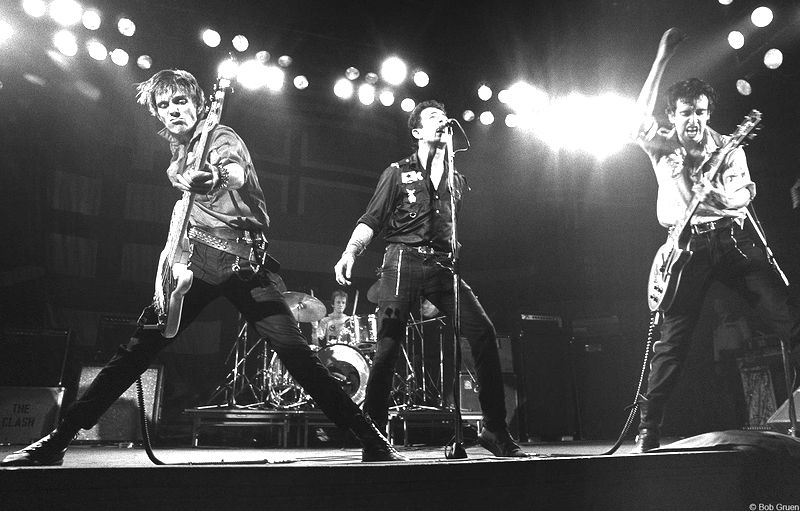
The Clash
Follow Your Favorite Band Today!
Top The Clash Community Posts
Story of The Clash
The Clash: A Revolution in Sound
The Clash weren't just another punk band. They were a sonic hurricane, tearing through the musical landscape of London in 1976. They weren't content with just spitting out angry anthems; they were explorers, blending punk's raw energy with elements of reggae, dub, funk, ska, and rockabilly, creating a unique sound that shook the foundations of rock music.
Dubbed "The Only Band That Matters," The Clash wasn't just a slogan, it was a statement of intent. They stormed onto the scene with their self-titled debut, followed by the ferocious "Give 'Em Enough Rope," cementing their status as leaders of the British punk movement.
But The Clash weren't content with staying within the confines of punk. Their groundbreaking album, "London Calling," defied genre boundaries, blurring the lines between punk, rock, and everything in between. This masterpiece launched them to international fame, particularly in the United States, where it was hailed as one of the greatest albums of the decade.
The band continued to push boundaries with "Sandinista!", a sprawling, experimental work that showcased their diverse influences. They then achieved massive commercial success with "Combat Rock," featuring the iconic single "Rock the Casbah," which became a US top-10 hit.
However, internal conflicts and drug addiction took their toll. The departure of drummer Nicky "Topper" Headon in 1982, followed by guitarist Mick Jones the next year, marked a turning point. The Clash soldiered on with a new lineup, releasing their final album, "Cut the Crap," in 1985 before disbanding.
The Clash's legacy remains undeniable. They were more than just a band; they were a cultural force, inspiring generations of musicians with their raw energy, uncompromising spirit, and commitment to pushing musical boundaries. Their music continues to resonate today, a testament to their unique ability to blend rebellious energy with diverse influences, creating a sound that remains as powerful and relevant as ever.
Frequently Asked Questions
Bands you may like
More Punk Rock Bands
Discover more bands in the Punk Rock genre and explore the diverse sounds that define this musical style.
Browse All Punk Rock BandsMore Bands from United Kingdom
Discover the rich musical heritage of United Kingdom and explore bands that represent the country's unique sound and culture.
Browse All United Kingdom Bands
